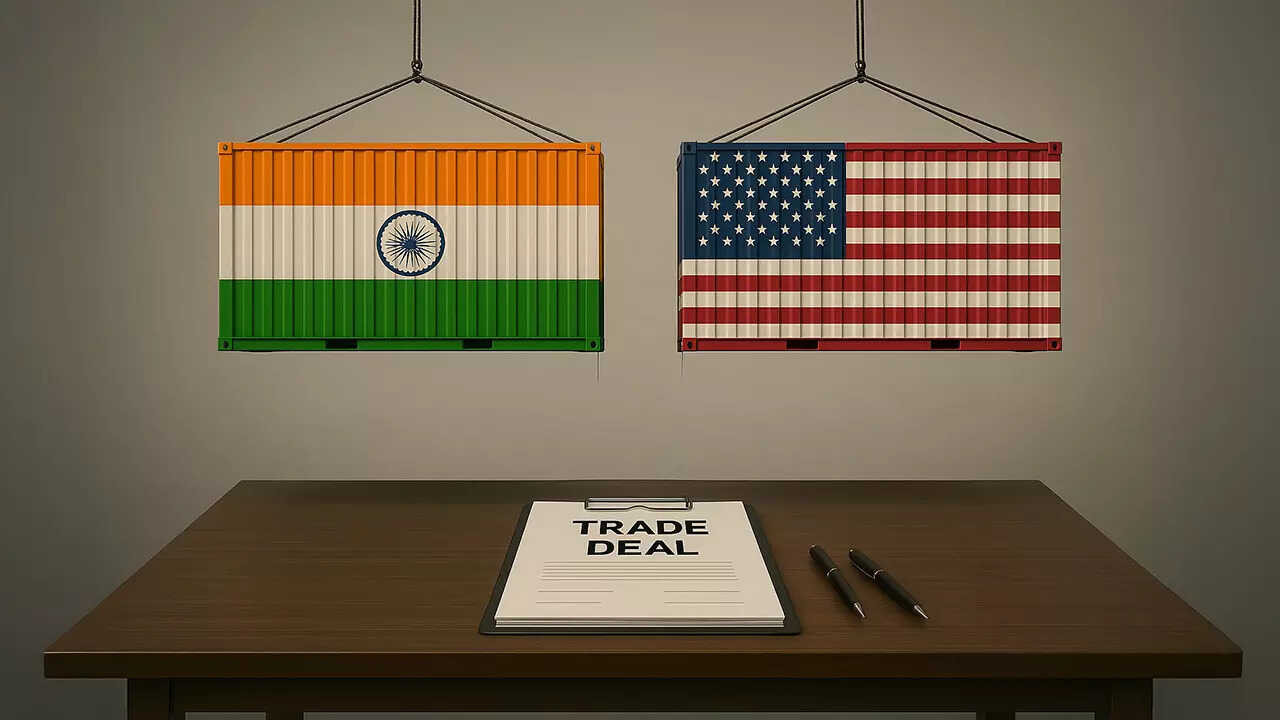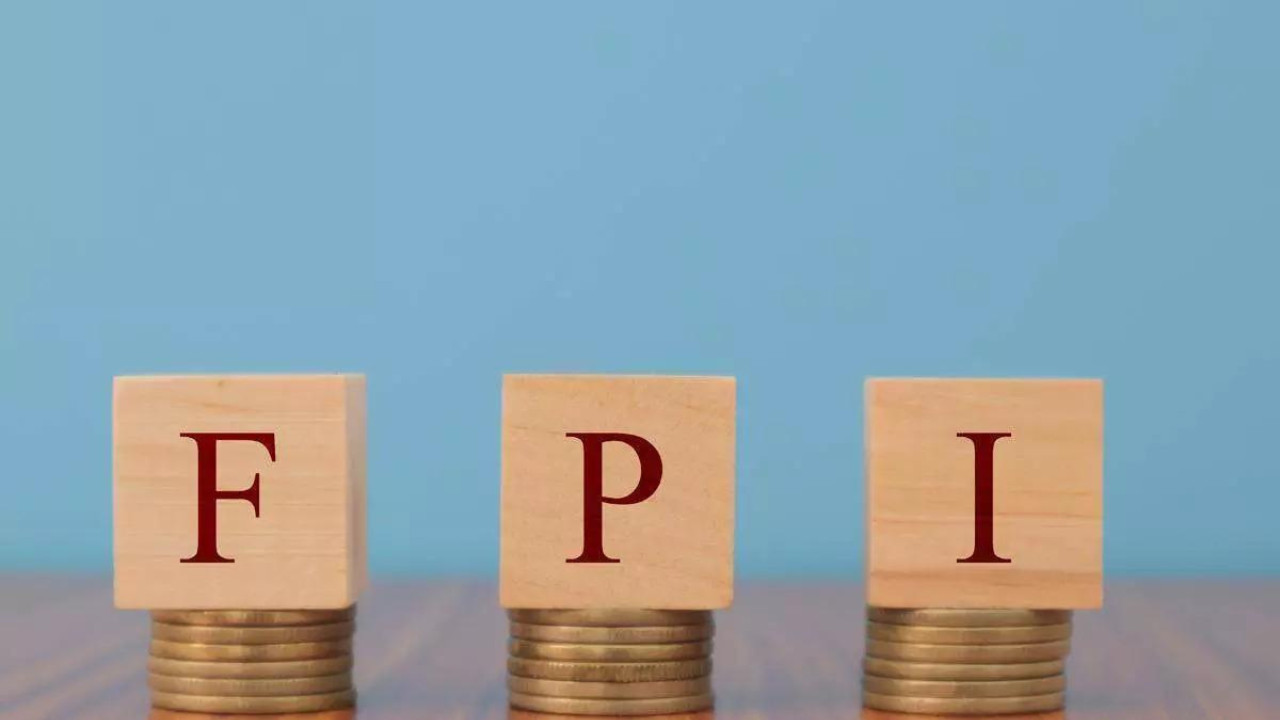Klarna, the Swedish “buy now, pay later” giant, is aiming to raise $1.27 billion through an IPO in New York, pricing shares between $35 and $37. This move comes after a previous attempt was delayed due to market volatility. The IPO values Klarna at approximately $14 billion, marking a significant step after valuation swings from $45.
Klarna’s Bold Move: Is a New York Listing the Key to Future Growth?
The financial world is buzzing, and the name on everyone’s lips is Klarna. The Swedish fintech giant, known for its “buy now, pay later” (BNPL) services, is reportedly setting its sights on a massive $1.27 billion initial public offering (IPO) in New York. This isn’t just another company going public; it’s a significant move that could reshape the BNPL landscape and signal a new chapter for Klarna itself.
Whispers have been circulating for months about Klarna’s intention to list in the US, and now it seems the plan is gaining serious momentum. The company is eyeing a valuation of around $14 billion, a figure that reflects both its ambition and the challenges it has faced in recent years.

Why New York? Well, the US market is a major battleground for BNPL companies. A successful New York listing would provide Klarna with increased visibility, access to a deeper pool of investors, and perhaps most importantly, a fresh start after navigating turbulent economic waters.
Big Investors Eyeing the Exit Door
Interestingly, this IPO isn’t solely about raising capital for expansion. It’s also providing an opportunity for some of Klarna’s early investors to cash out. Reports suggest that several major backers are looking to reduce their stakes in the company, a common practice in IPOs that allows them to realize their returns. This doesn’t necessarily indicate a lack of faith in Klarna’s long-term potential, but rather a natural part of the investment cycle.
The BNPL Landscape: A Shift in Tides?
The “buy now, pay later” sector experienced explosive growth during the pandemic, fueled by increased online shopping and a desire for flexible payment options. Klarna was a major beneficiary of this trend, rapidly expanding its user base and market share. However, as interest rates have risen and consumer spending has cooled, the BNPL industry has faced increased scrutiny and challenges.
Klarna, like other players in the space, has had to adapt. The company has focused on improving its underwriting standards, reducing losses, and diversifying its revenue streams. Listing on the New York Stock Exchange (NYSE) could be a strategic step towards demonstrating financial stability and attracting a new wave of investors who believe in its long-term vision. This shift may also signal a new era for buy now pay later companies, one that emphasizes sustainability and responsible lending.
Navigating the Regulatory Maze
One of the key challenges facing BNPL companies is the evolving regulatory landscape. Governments around the world are taking a closer look at the industry, seeking to protect consumers from potential risks associated with easy access to credit.
Klarna will need to demonstrate a commitment to responsible lending practices and compliance with regulations in order to succeed in the long run. A successful IPO, coupled with a strong governance structure, could help the company build trust with regulators and consumers alike. Consider how other companies have navigated such challenges, perhaps by reviewing our previous piece on [Fintech Regulation and Consumer Protection](internal-link-to-related-content).
The Future of Klarna: A Bright Horizon or Uncertain Path?
The success of Klarna’s IPO will depend on several factors, including market conditions, investor sentiment, and the company’s ability to execute its growth strategy. While a $14 billion valuation might seem ambitious, Klarna has a strong brand, a large customer base, and a proven track record of innovation.
Whether Klarna can maintain its momentum and navigate the challenges ahead remains to be seen. However, one thing is certain: its decision to pursue a New York listing is a bold move that could have significant implications for the future of the company and the “buy now, pay later” industry as a whole. If successful, this IPO will not only validate Klarna’s business model but also potentially open the door for other European fintech companies seeking to tap into the vast resources of the American capital markets.







